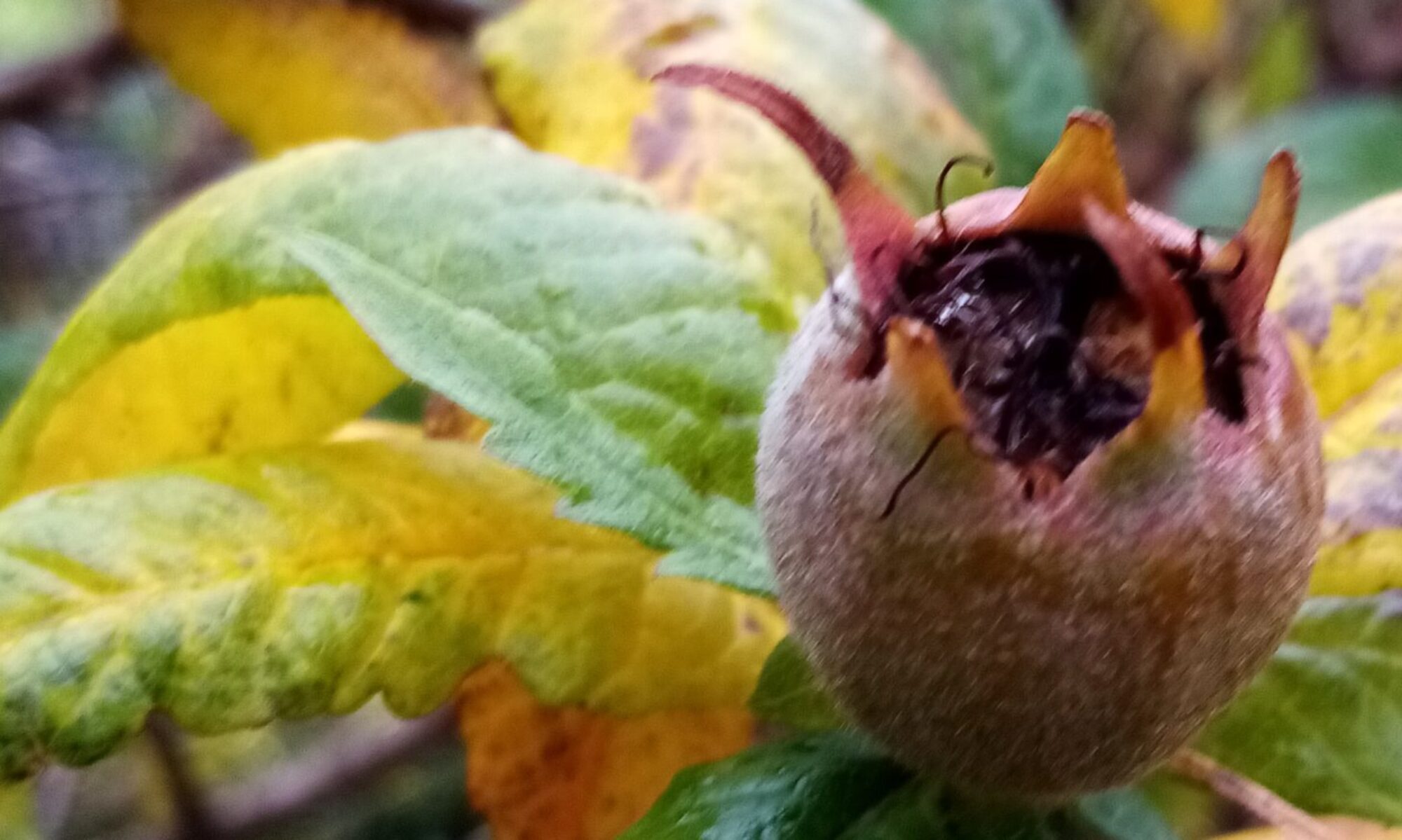Over the last few years We’ve consistently grown two types of pumpkin. We’ve tried several and will keep on trying the odd new variety but these two are staple favourites.
Red Kuri
A fertile climbing squash I grow in the poly-tunnel. A good plant will produce four or so round orange/red squash about 20cm diameter. I pick them when the stalks go woody and the season lasts from late July to early October. After a week on a window sill to firm up the skin they store for months on a dry cool shelf in the kitchen. Typically at least 4 months.

As you can see, and perhaps because they are from my own seeds, they vary in size, shape, colour and texture – but they all still taste great!
Crown Prince

A sterile (so I buy seeds every year) outdoor pumpkin. Spreading vines about 4m long and each plant normally produces one large pumpkin 30-35cm diameter. This might not seem like a big difference from Red Kuri – but each fruit has about six times as much usable flesh. They crop later – typically I pick them just before the first ground frost, and they store for a good six months.
Why two varieties?
A few reasons, firstly it extends the season, secondly crown price stores so well I can be eating it into the following spring, thirdly it gives me ‘pumpkin security’ – sometimes one variety doesn’t do so well so I rely more on the other.
There are culinary reasons too. The two squash are different in flavour and more importantly (to me) texture. Crown prince is harder, keeps it’s texture better when cooked, Red Kuri is softer and pulp and softens much more readily. So just like potatoes I have a preference for different squash in different dishes. Red Kuri is awesome with leaves in a curry, as a soup or sauce, as a mash. Crown Prince reins supreme as chips, roasties and as a veg in a stew or slow cooked pie.
Think of it as the difference between sweet potato and butternut squash and you get the picture. Both of these are substitutes for squash in my recipes as are carrots in a few. So that too will give you an idea of how/when to use them if you grow them.
